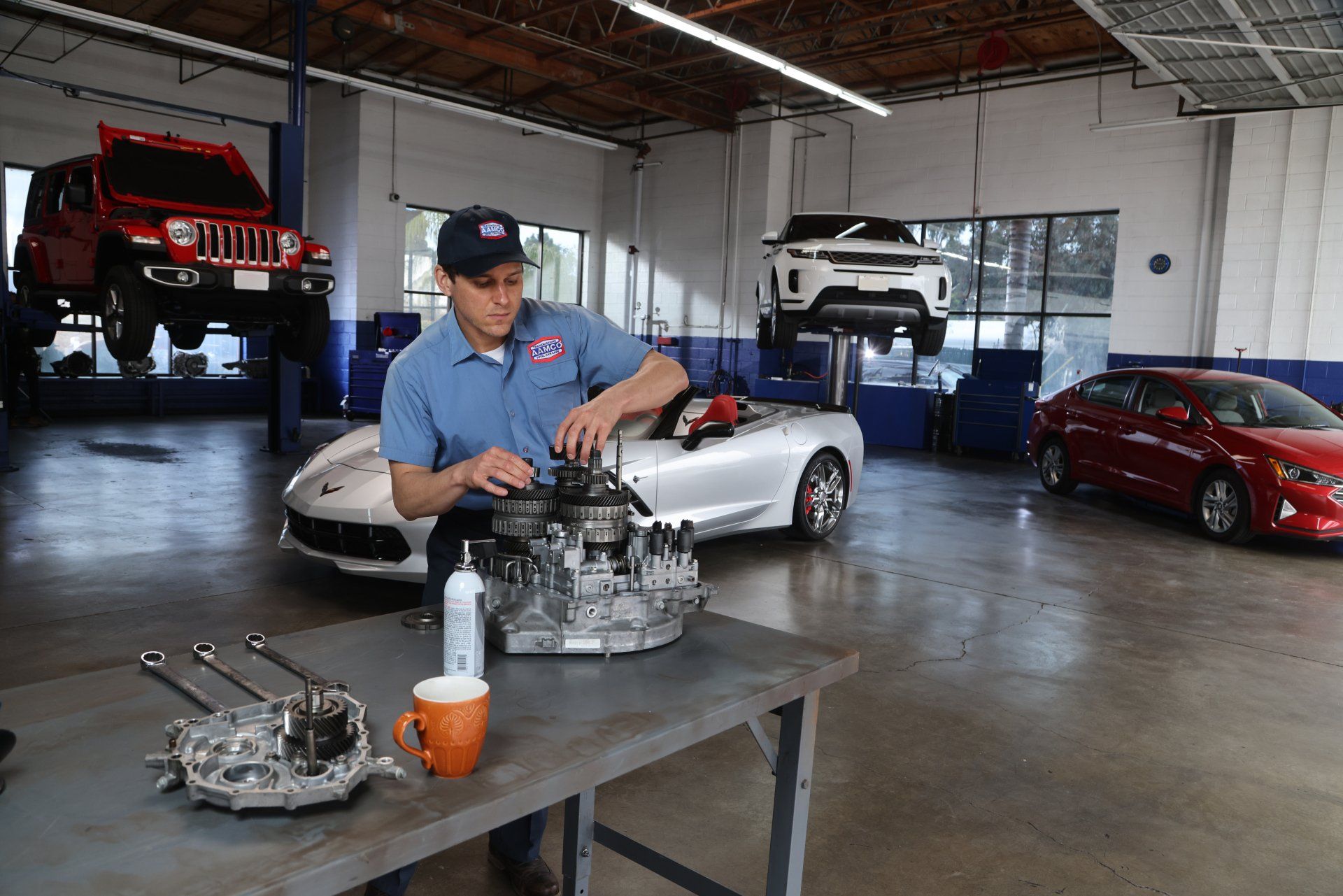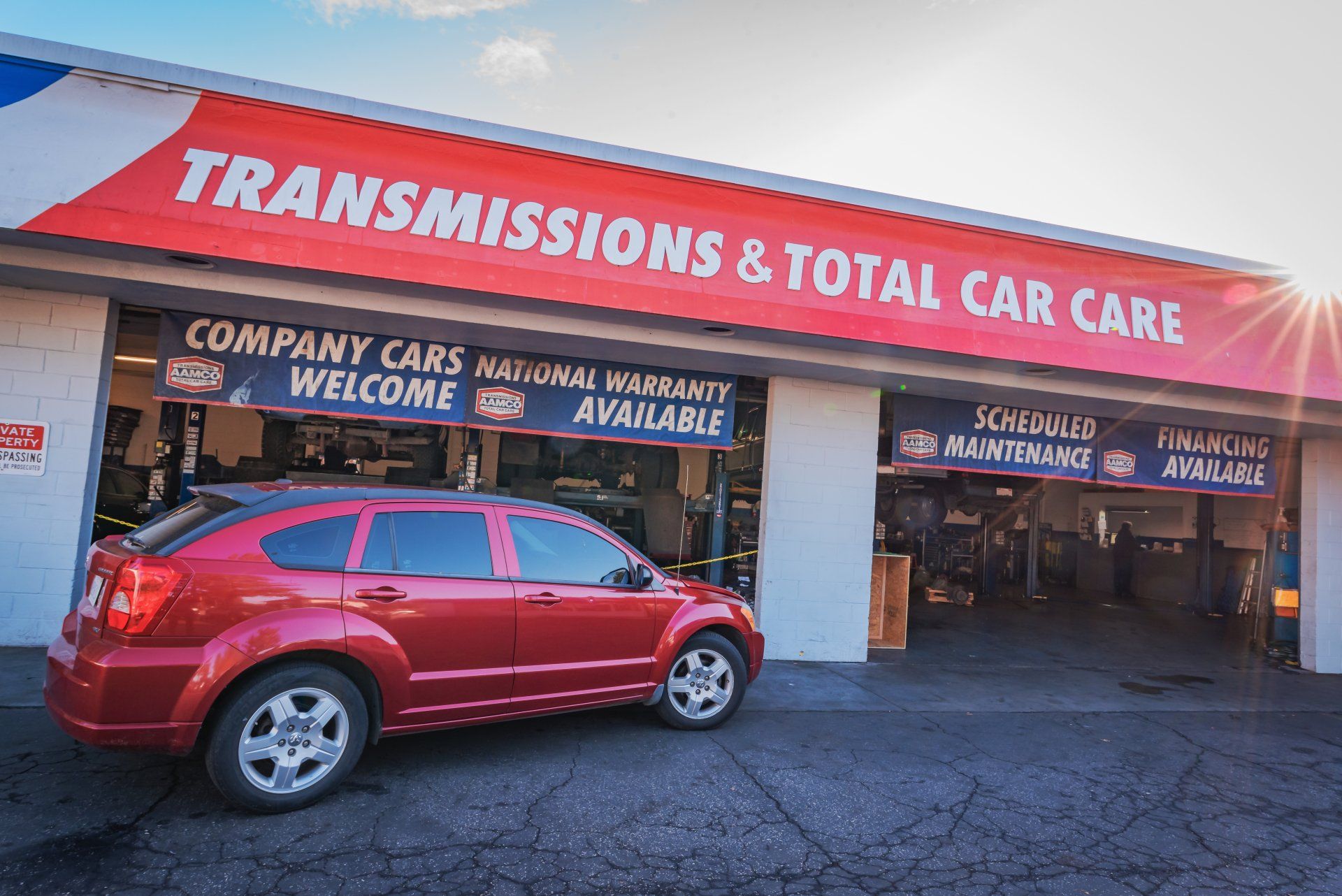The last thing you want while cruising down the open road is to suddenly find that your brakes are failing as you approach a stop sign or stop light. Luckily, there are several signs you can look out for that signal an impending brake repair. If you notice any of these signs and symptoms, it’s a good idea to schedule a car repair service as soon as possible to avoid further damage and even risk your safety while driving.
It Takes Longer for Your Car to Come to a Stop
Over time, it will gradually take longer for your brakes to bring your car to a complete stop. Because this happens over such a long period of time, it can be hard to notice. However, if you do start to feel like it takes a long time for your car to stop, it’s a good idea to take a look at your brake pads and rotors, as well as possibly scheduling an auto repair appointment with a trusted mechanic. Fortunately, this signals regular maintenance, rather than a major repair.
Squealing or Grinding when Braking
If it’s been a while since you last got new brake pads, you may start to notice squealing when you apply the brakes. This is a normal signal that you should get your brake pads replaced soon and to schedule a brake repair with your mechanic. As your brake pads wear down, they’ll eventually become thin enough that a metal indicator will make light contact with your rotors, causing the squealing or squeaking sound.
Alternately, you may start to notice grinding when you apply the brakes. If this is the case, your brake pads have become over-worn and could now be causing damage to your rotors. This can also further delay your car coming to a complete stop, causing a real safety issue. It’s important to schedule a brake repair service as soon as possible and avoid driving if you hear grinding while applying the brakes.
A Soft or Spongy Brake Pedal
You may also notice a soft brake pedal, possibly alongside a delay in bringing your car to a stop. There are a couple different possibilities for the underlying cause but both require attention from a mechanic. The first option is that your brake pads are over-worn, meaning you have to depress your brake pad further for it to be effective.
This can also indicate air bubbles in your brake line, meaning it requires more pressure from the pedal for your brake pads to apply enough pressure against the rotors. If this is the case, you will need a mechanic to bleed your brakes. This forces out the old brake fluid along with any air bubbles. Luckily, it’s a simple bit of maintenance a mechanic can easily take care of for you.
Your Brake Pedal Pulses
Whenever you notice your brake pedal pulsing, it likely means your rotors are uneven. It takes a very small difference on the surface of your rotors for you to notice it in the brake pedal and in how your car slows. If the rotors or brake pads are installed just slightly off, it can cause enough uneven wear for you to notice. A trained mechanic will be able to smooth the surface of your rotors to prevent damage and so your brakes will work at their most efficient again.
Your Antilock Brake System (ABS) Light Comes On
Most people know that whenever a light comes on your dashboard, it’s a signal to pay attention to a certain system of your car. For your brakes, this means your Antilock Brake System (ABS) light. If your car detects any major issue with your brake system, this light will come on to alert you. A few possibilities for what may cause this light to come on include a blown fuse for the system, a broken wheel-speed sensor, broken wire, or an ABD controller that has stopped working. Any of these should be easy for a mechanic to find and repair.
Car Brakes Having Trouble? Visit the Mechanics at AAMCO Wichita
Any time you notice a problem with your brakes, it’s best not to procrastinate having it checked out. Keeping your brakes operating properly keeps you safe on the road and a small brake problem can quickly escalate. You can trust our mechanics to accurately diagnose and repair any necessary repairs so you can continue to feel safe on the road.
Schedule an appointment with the experts at your
locally owned AAMCO Wichita. If we find any problems, we will work with you to create a plan to get you back on track, with peace of mind. We can help so call us today!
AAMCO Wichita Blog



